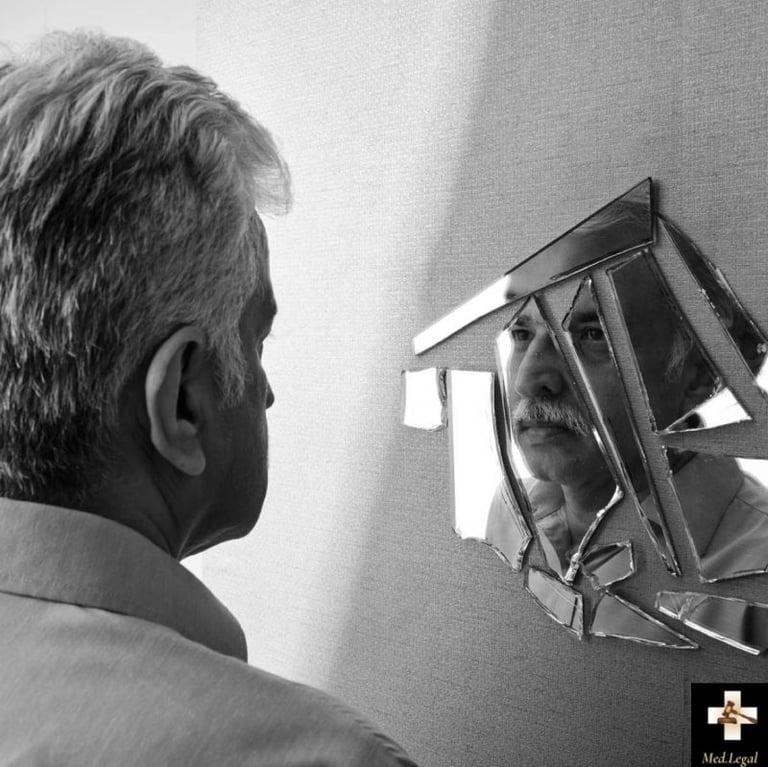Paying for your Own Mistakes- Doctors and Patients - The principle of Contributory Negligence
Dr. Satvik N Pai
7/6/20232 min read


Paying for your Own Mistakes- Doctors and Patients - The principle of Contributory Negligence
[1] A patient has a very stiff knee, and so undergoes a knee replacement surgery. After the surgery the Pt sues the doctor stating that the knee still remains stiff and so the surgery was unsuccessful. The surgeon points out that the patient was advised to do Physiotherapy exercises for 1 month following the surgery, but never did any Physiotherapy. Who is it to blame?
[2] Most medical negligence cases analyse the actions of the doctors,to determine if the doctor is accountable for the harm caused to patients.
[3] However, in certain cases, patients themselves may contribute to the harm they suffer due to their own actions or behavior. This is known as contributory negligence.
[4] The principle of contributory negligence is based on the idea that patients have a duty to take reasonable care of their own health and safety, and if they fail to do so, they may be held partly responsible for any harm they suffer.
[5] Contributory negligence is an important legal defence that doctors can use in appropriate medicolegal cases to reduce their liability for harm caused to patients.
[6] For example, if a patient refuses to follow the doctor's instructions on post-operative rehabilitation or fails to take medications in a manner recommended by the doctor, and as a result suffers harm, the patient's own contributory negligence may be taken into account in determining the doctor's liability.
[7] The doctor must however still prove that their own negligence did not exceed the patient's contributory negligence, and that they took reasonable care to prevent harm to the patient.
[8] Doctors must remember that even if contributory negligence is proven, it does not necessary absolve them of all liability.
[9] Contributory negligence is a legal concept and may not always be straightforward. It requires careful analysis of the facts and circumstances of each case.
[10] Therefore, It is very important for doctors to maintain detailed records of their interactions with patients, including any instructions given.
Share with your doctor colleagues so that doctors don’t end up paying for someone’s mistakes, and their own mistake of not documenting.
#doctors #indiandoctors #medicolegal #medlegal #medicallaw #medicalethics #medicalnegligence #contributorynegligence

Guardian Med Legal Consulting
Medicolegal Support for Healthcare Professionals
Follow us
Based in Bangalore. Serving across India.
support@guardianmedlegal.com